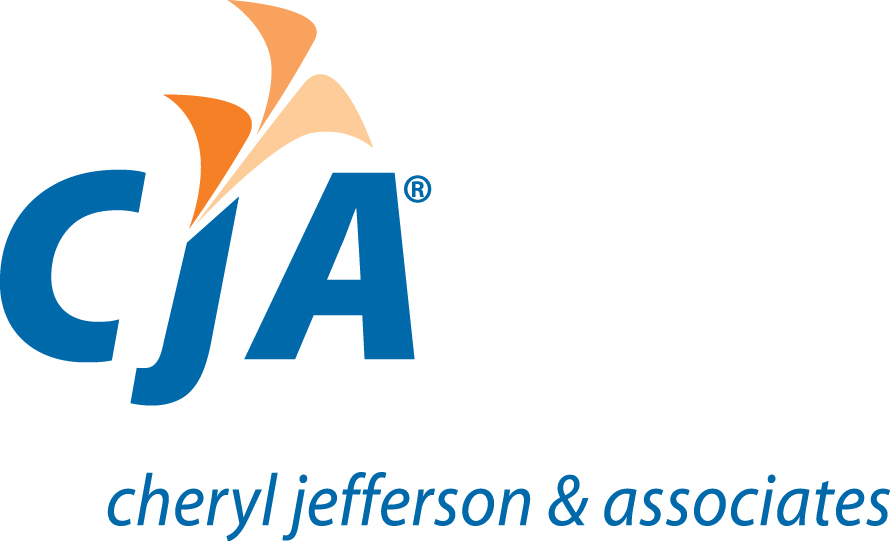Modern smartphone and data management applications help maintain mileage logs
As common and routine as it may be, taking another look at your mileage tracking process for employees can be another way to tighten your accounting records. The IRS requires transportation deductions to properly record mileage, including the total number of miles traveled, the date of each trip, and name of the destination. In the event of an audit, this documentation will need to be produced.
With the 2105 standard mileage rate at 57.5 cents per mile for those computing deductible costs of operating an automobile for business purposes – especially those businesses with multiple fleet vehicles – this deduction can add up. Mileage logs can further assist in managing costs and minimize inaccurate reporting by traveling employees.
1. It’s time to move beyond the mileage tracking spreadsheet
![]() While spreadsheets have been a great advancement in financial manipulation, mobile and cloud technology enhancements can easily serve up vehicle location and mileage data – in real time. Thus, if your mileage tracking process still uses spreadsheets – or even the low-tech glove compartment notepad – it involves human resources and time spent manipulating the data from the offline source before finally integrating it into an electronic accounting system, like QuickBooks. The result is that your time and labor costs could be higher overall when compared to more automated solutions.
While spreadsheets have been a great advancement in financial manipulation, mobile and cloud technology enhancements can easily serve up vehicle location and mileage data – in real time. Thus, if your mileage tracking process still uses spreadsheets – or even the low-tech glove compartment notepad – it involves human resources and time spent manipulating the data from the offline source before finally integrating it into an electronic accounting system, like QuickBooks. The result is that your time and labor costs could be higher overall when compared to more automated solutions.
2. Modern smart phone technology makes mileage tracking easier and more accurate than ever
With the right mobile app combined with built-in phone GPS and location tracking, you can implement a process that pushes data from employees’ phones into a web- or cloud-based system where you only need to touch the data once or twice before the system automatically exports the data into QuickBooks or the accounting system your company uses. The mileage data can then be synced back to the office through cloud technology.
Tools such as Triplog+mobile for Android and iOS is a comprehensive solution that provides everything needed for proper mileage tracking and IRS compliance. This application provides connectivity through Bluetooth devices as well, so the process is streamlined and easy to track critical information such as date, time, and to/from addresses.
3. Useful for fleet management
If you are using a system of mileage tracking for a fleet of vehicles, it most likely evaluates overall odometer readings, while comparing to fuel, maintenance, and depreciation in the back-end. Using more modern and advanced technology as mentioned above can improve the accuracy of your cost and remove those complexities that require more resources, reducing costs even further.
4. Reduces risk of employee abuse and fraud
Ensuring a real-time mileage tracking system for employees, especially when they are using personal cars for business, maintains the level of integrity needed to keep the risks of abuse and fraud minimal to none.
5. Ensures proper accounting
You already know that if a business system relying on technology is set-up and collects financial data properly, then the accuracy and integrity of that data should be above par. So when your mileage tracking process relies on this kind of system that reads directly from an application, integrated with GPS and location tracking, then puts it directly into the cloud-based system, it greatly enhances the assurance of proper accounting.
A consideration of making tracking mileage logs more efficient is whether or not you provide phones for your employees, and how to develop a policy that will create buy-in if using personal mobile devices. Fleetistics, a fleet management technology company provides some insight in the related article: How to Introduce GPS Tracking to Employees.
So if you are not taking full advantage of automated mobility technology, consider an assessment of your current mileage tracking process. Since it is recommended to keep records for generally seven years, having this data electronically is more convenient than a paper-based system. Improvements to your system as well as an accepted employee policy should improve your accounting practices, reduce risks of abuse, ensure compliance with IRS requirements, minimize the possibility of an audit, and perhaps even find more money to add back to your bottom line.
